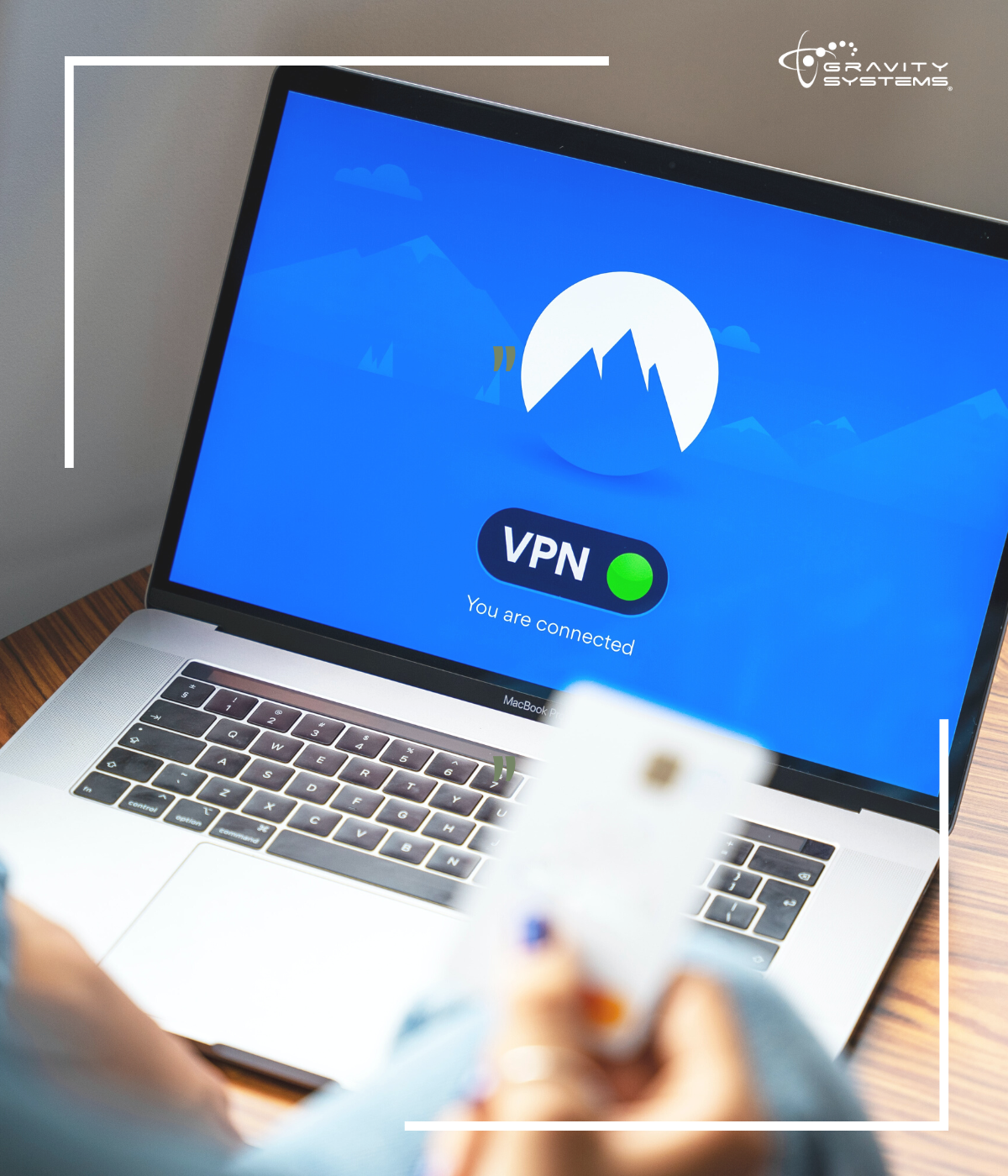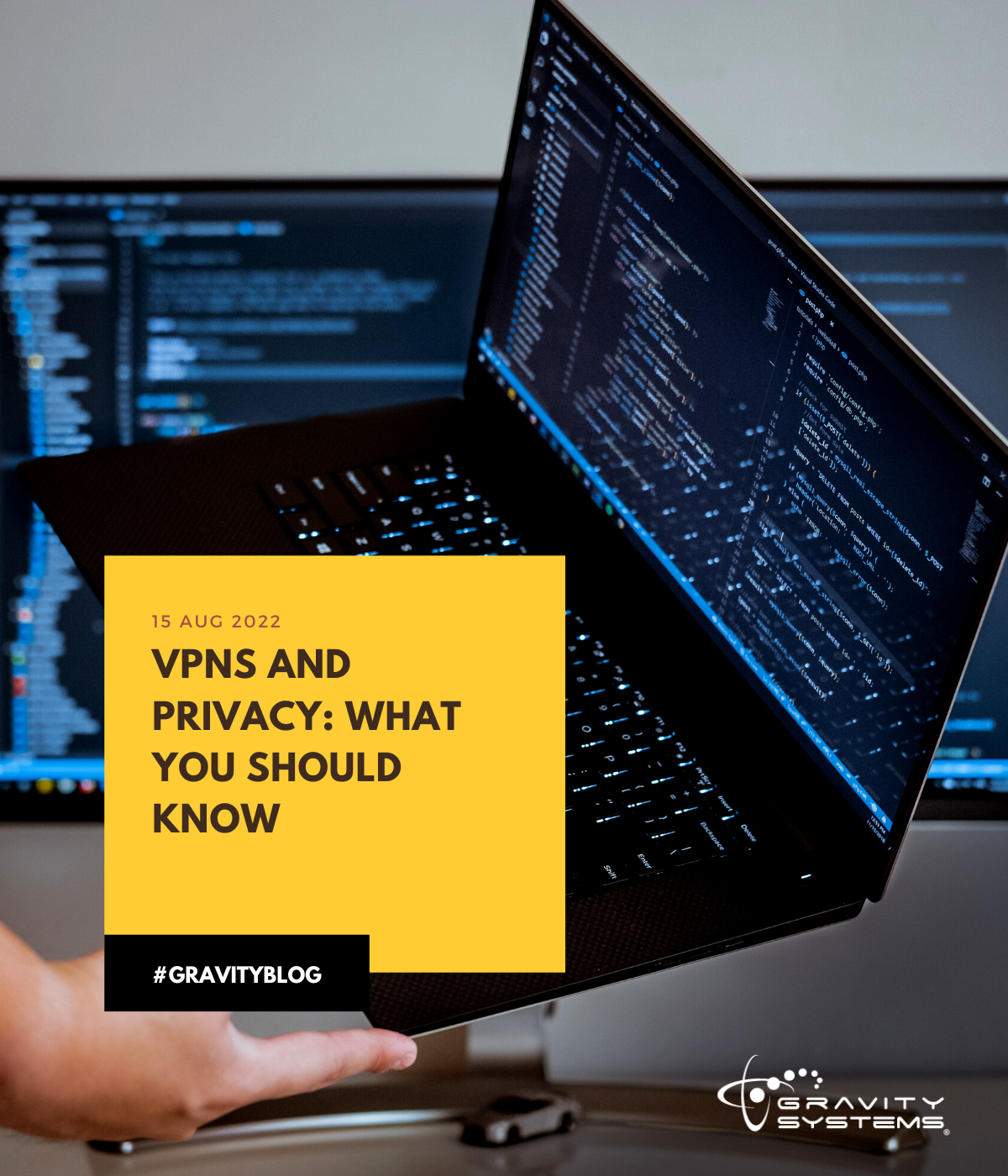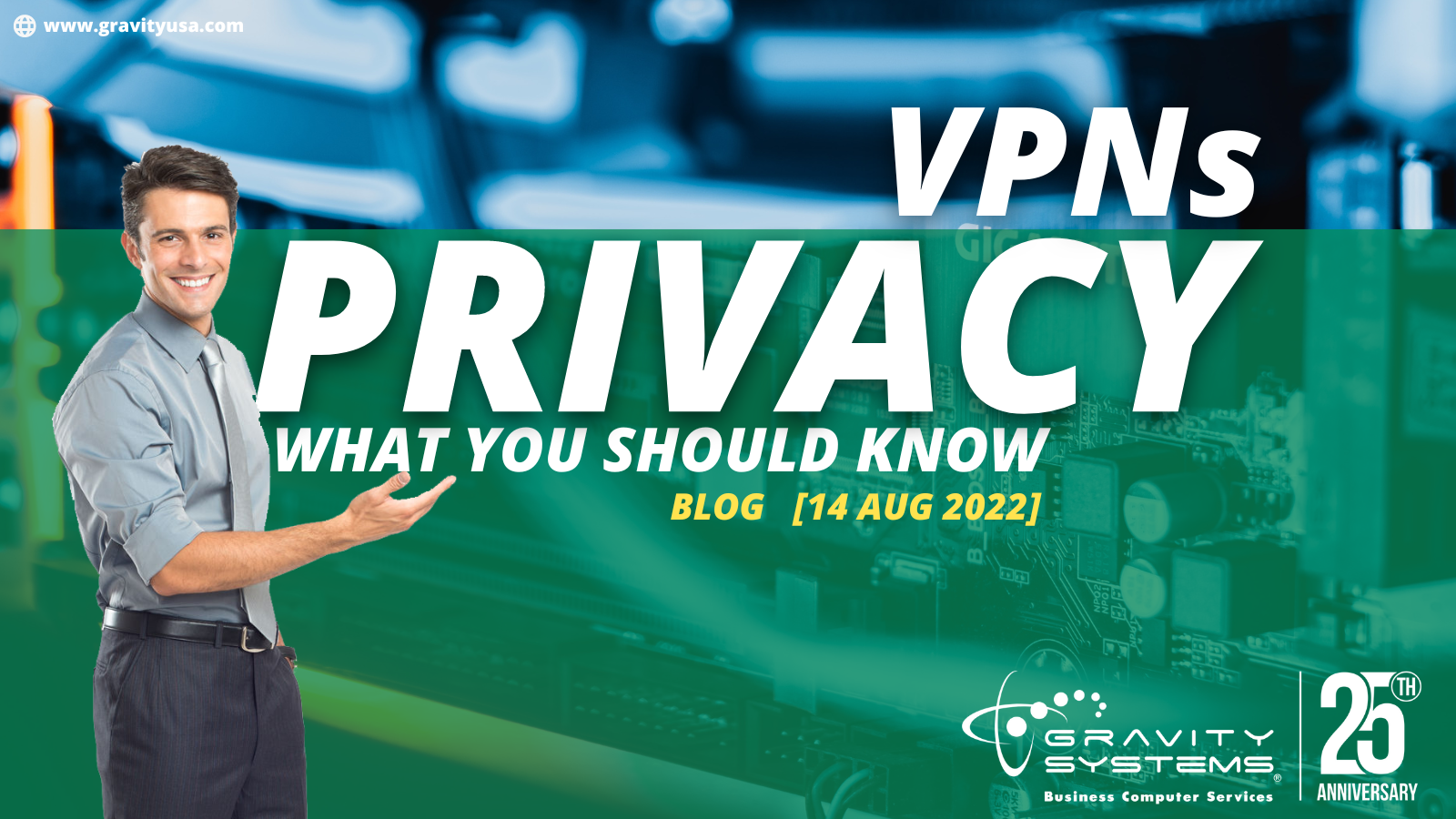A Virtual Private Network (VPN) can help protect data privacy during online transactions, but it’s not a magic wand. Whether you go with one of the many popular VPN service providers or have a VPN built specifically for your organization, you need to understand both the capabilities and the limitations of VPN technology – especially where your data security is concerned. Let’s examine what VPNs can and can’t do for you.

The Good: A VPN creates an encrypted private connection. This virtual tunnel protects the privacy of the transaction, preventing hackers from viewing the data being transmitted. Only the sender and the server have access to the decrypted information. This benefit is especially crucial for employees using public WiFi or mobile devices.

The Bad: A VPN can’t make every aspect of your data transactions completely anonymous. Advertisers and other agents can interpret certain clues about your identity from such seemingly trivial details as device monitor size, operating system, and so on. As a result, you may still get ads and spam related to your Internet activity. Your ISP will also be able to track your connections and transactions.
The Ugly: Ironically, VPNs aren’t immune to hackers – in fact, some of the most highly regarded ones have experienced data breaches. Even so, you’re better off going with a subscription-based VPN service than a free one. Free VPN services are more likely to collect and sell your data to advertisers, lending truth to the old saying that you get what you pay for. One other point: Even the strongest and most honest VPN can’t protect you from the consequences of visiting insecure, non-encrypted websites.
Choosing the right VPN solution can help your business get the most out of this Internet privacy feature. If you’d like some expert guidance, contact our Austin business tech support team at Gravity Systems.




